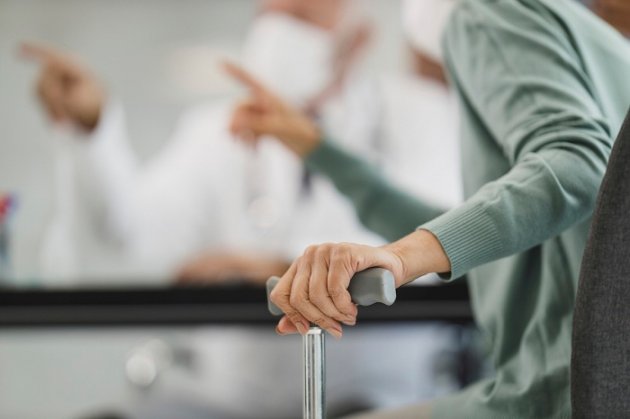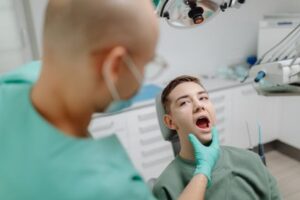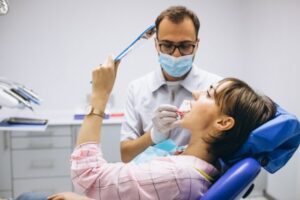Pilates isn’t just for celebrities and gymbodies. Really, it’s a versatile and accessible exercise method for all kinds of people of varying fitness levels. In fact, Pilates is particularly advantageous for people looking for a low-impact, holistic approach to fitness and wellness because its core principles are strength, flexibility, balance, and overall.
So whether you’re a senior considering signing up for a pilates class in your senior living community, or even just accompanying a grandchild to one of their classes, you’re on the right track! And here are a few tips for you.

Table of Contents
Consult a Healthcare Professional
The first thing you want to do is book an appointment with your primary care physician, ideally a comprehensive medical assessment on any pre-existing medical conditions, medications, and other related specific concerns.
Why? Well, certain medical conditions, like osteoporosis or arthritis, require special considerations for Pilates practice. Your primary care physician is your best bet for proper advice on how to adapt exercises to your needs.
Of course, any qualified healthcare professional can give you personalized advice on the suitability of Pilates for you based on your medical information; insights into any modifications or precautions necessary.
Work with a Qualified Instructor
Working with an unqualified instructor is more trouble than it’s worth. It means a significantly greater risk of injury, unproductive workout sessions, and a general waste of time and money.
First, check that a Pilates instructor is certified by a reputable organization as well as specially trained to work with seniors or clients with specific health concerns. This way you know that they have an understanding of age-related physical limitations and how to tailor exercises accordingly.
Also, ask for references. Positive feedback from older clients is a good indicator of relevant expertise.
Hydration and Nutrition
Muscle cramps, dizziness, unproductiveness – this is what you have to look forward to should you become dehydrated doing any kind of exercise.
Drink water throughout the day, not just during your Pilates sessions. Aim for at least 8-10 cups (64-80 ounces) of water daily. It’s also a good idea to consider hydrating with electrolyte-rich beverages if you sweat excessively.
Next, proper nutrition is just as key. You want to eat a balanced diet rich in fruits, vegetables, whole grains, lean proteins, and healthy fats. Plus sources of calcium and vitamin D for bone health, which is important for seniors.
Breath Control
Breathing is a fundamental aspect of Pilates because it’s all about enhancing concentration, relaxation, and core engagement.
First, concentrate on the quality, not quantity, of your breath by focusing on slow, controlled inhales and exhales that engage and support your core muscles. Don’t hold your breath during exercises because it can increase intra-abdominal pressure and potentially strain your muscles.
Practice relaxation techniques, such as progressive muscle relaxation, during cool-down periods.
When done properly, regular pilates workouts will improve your overall health and quality of life. Try out these tips on your new fitness journey!




